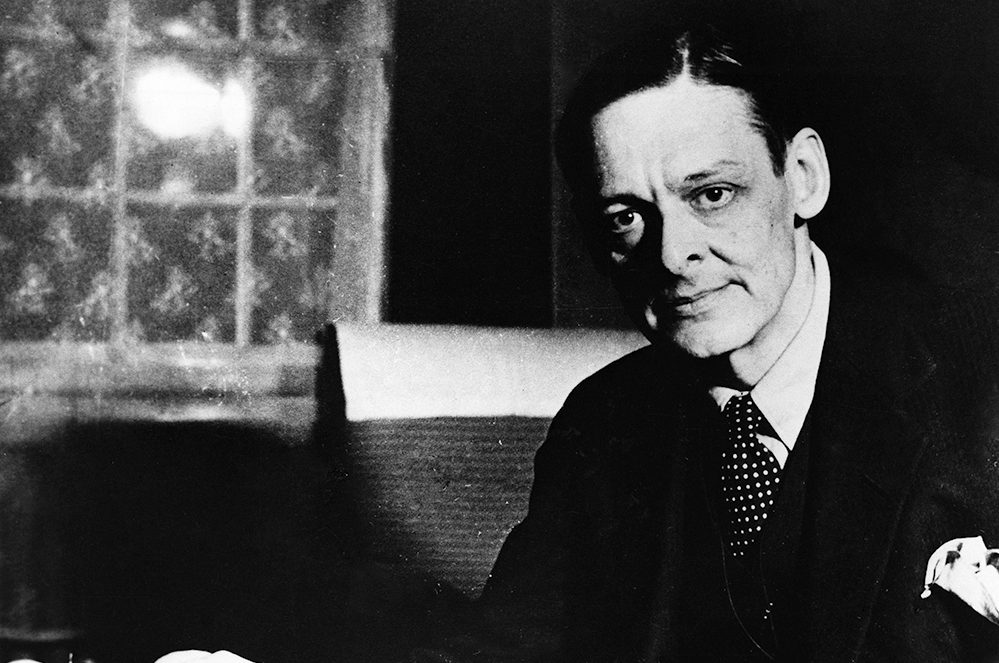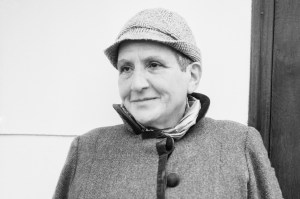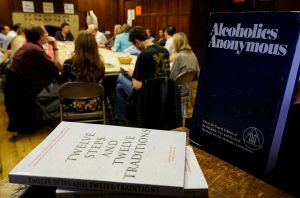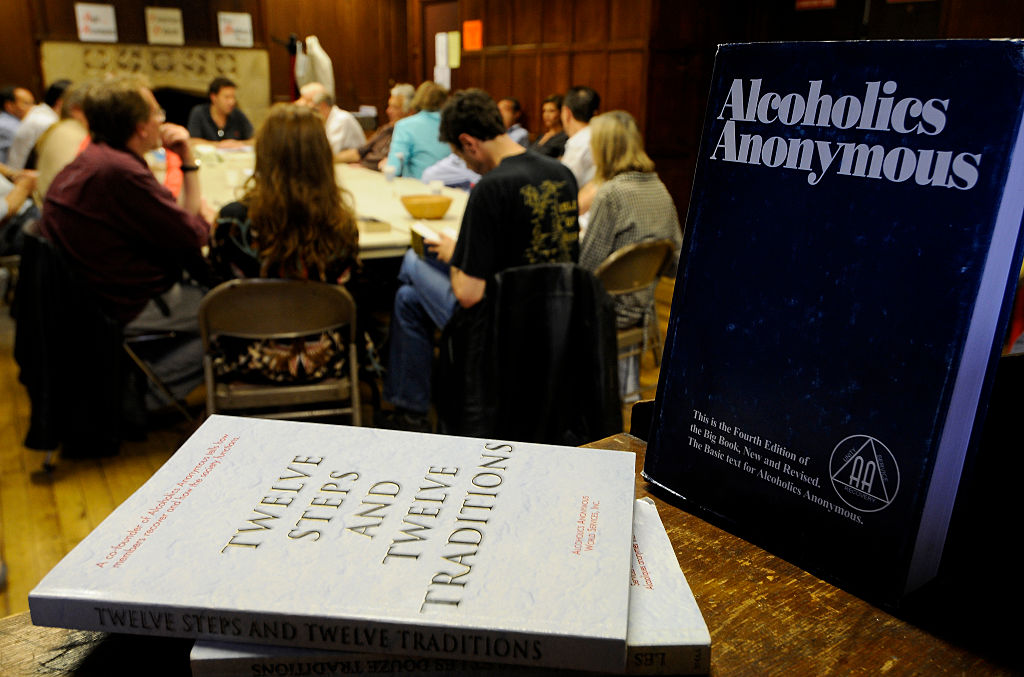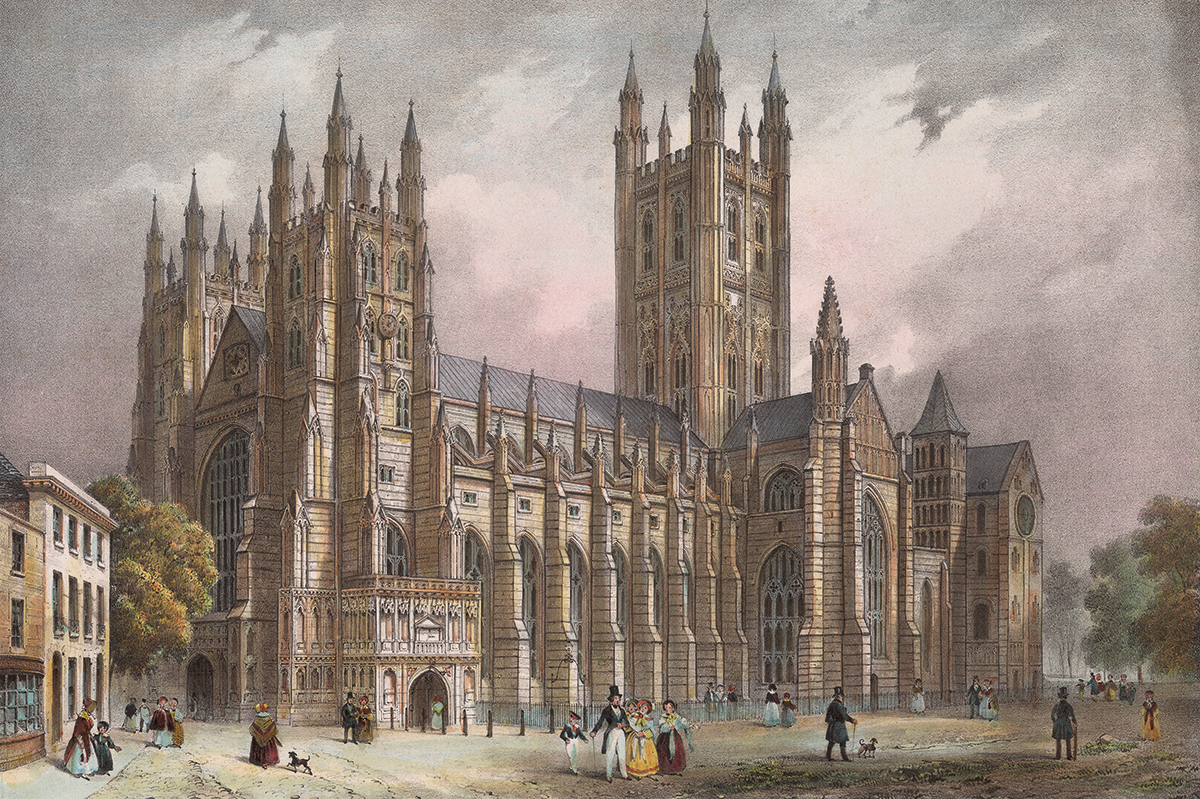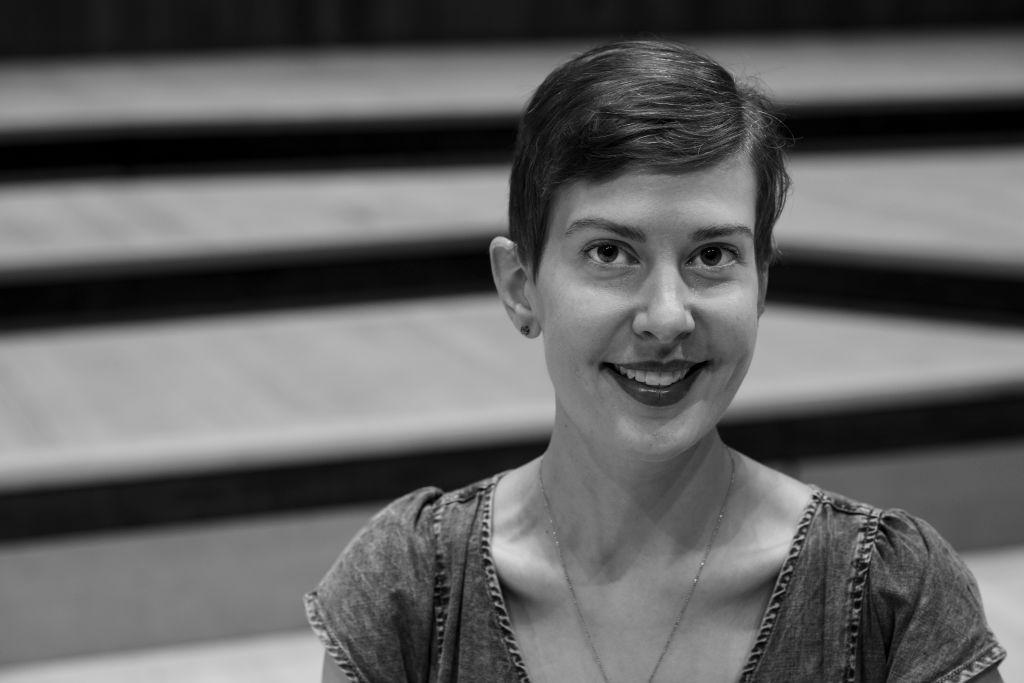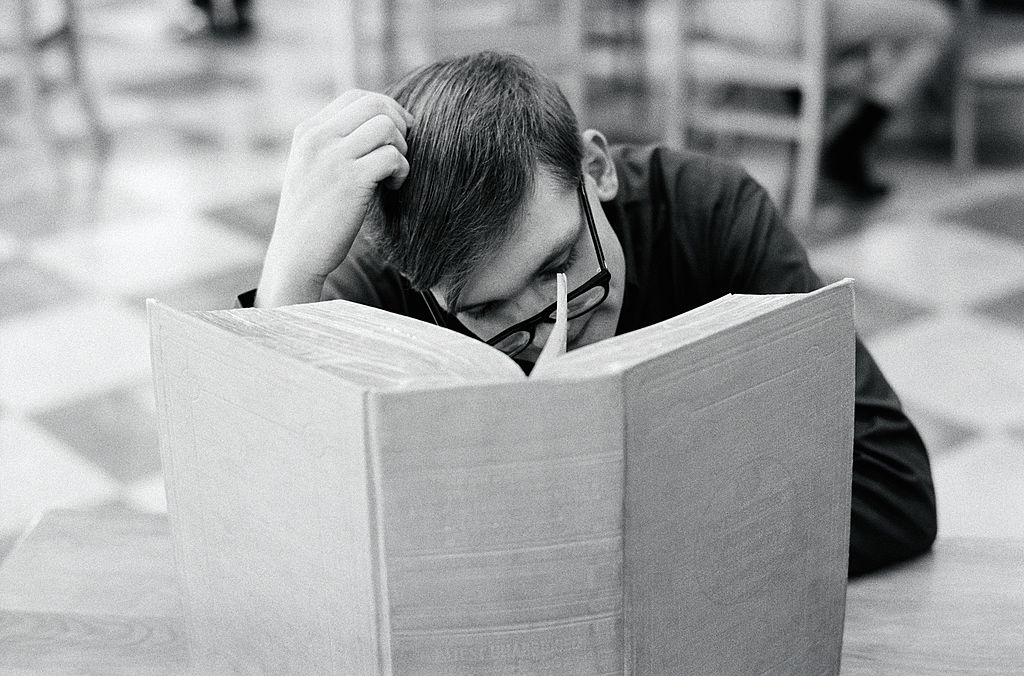In 1944, T.S. Eliot is 56 years old. He seems older: “I am getting to be a wambling old codger.” He is war-worn: “I have taken, when in London, to sleeping in my teeth.” As a fire-watcher sharing shifts, his sleep is hampered by understandable pudeur: “I haven’t got enough phlegm to undress completely, and I think it best to sleep in my truss, in case of sudden blasting, which is not very comfortable.”
He knows, too, that his letters are dull. To Anne Ridler, June 19, 1942, he confesses: “If I had any small gift for letter writing, it has been ruined years ago by the pressure of the kind of correspondence I have to practice most of the time.” Namely, the business letter, where you can see Eliot now and then resorting to the formulaic. For example, touching on the prose poem, he says: “Years ago I did a little of the sort myself but was never able to persuade myself that the result was more than just a note for a poem to be written.” A year later, he is rejecting the poems of Kay Dick: “The effect is rather of notes for poems or notes for something, rather than of poems.” And a few months after that he is applying the formula to D.H. Lawrence, who “wrote a kind of free verse, but it seems to me to be mostly notes for poems.” In January 1944, Eliot turns down the poems of Michael Burn (of whom more in a moment): “I should call them notes for poems than poems.”
Now and then, very rarely, these rejection letters sound a note of pained asperity. To one Arthur Sale, Eliot is momentarily incontinent, in his measured way: “One is ready to concede admiration, rather than put oneself to the torture of reading to the end.” And he closes, stingingly: “I have never read poetry that irritated me more than yours, and it would irritate me if there was nothing in it.” The editorial annotation tells us that poor savaged Sale later went on to teach at Magdalene College, Cambridge, where his pupils included Michael Hofmann and Bamber Gascoigne.
Of course, Eliot – ever compliant, exhausted by good works, school prize-givings, readings for wartime causes, endless theological faffing and fussing, broadcasts to India and servitude to the British Council – could occasionally ironize the public man he had become. To Mary Trevelyan (June 29, 1942):
I ought to have explained to you long ago that I had an Irish grandmother, of a respextable [sic] family founded by a man who tried to steal the Crown Jewels. This accounts for a good deal but is far from being the whole story. In my father’s family is a hereditary taint, going back for centuries, which expresses itself in an irresistible tendency to sit on committees.
A rare frisk. John Haffenden’s footnote tells us that Eliot’s mother believed she was descended from Thomas Blood (1618-80) who tried to steal the Crown Jewels in 1671.
These spectacularly unspectacular letters are salvaged by the footnotes. For example, we learn that Michael Burn was bisexual, slept with Guy Burgess, met Hitler at a Nuremberg rally, was briefly persuaded of “the values of National Socialism” but later became a communist after witnessing poverty in the Barnsley coalfields. He joined the commandos and was wounded and captured during the raid on St Nazaire in 1942. He was awarded the MC and sent to Colditz. There, he was the recipient of an aid package from a Dutch one-time lover, Ella van Heemstra. On his release from Colditz, he sent her food and cigarettes. She sold the cigarettes to buy penicillin to save the life of her “ill and undernourished daughter – the future actress Audrey Hepburn.” Gossip. Top gossip: 70 percent proof.
Three more footnotes. On a British Council trip to Sweden, Eliot stayed with Sir Victor Mallet at the British Legation. Haffenden has read Mallet’s unpublished memoirs, of which this is an extract:
T.S. Eliot pursued his quiet way with the Swedish Pen Club and other intellectual bodies and achieved an outstanding success. We were much amused when he came home late one evening from one of these parties, his cheeks covered with lipstick from being embraced by a number of enthusiastic Swedish girls after reading his poetry.
F.R. Leavis secures Eliot’s help in preserving Scrutiny, which is threatened by the paper restrictions. In a letter of thanks, Leavis adds:
P.S. Ralph, my small son, looks forward to seeing you again. He said to his mother at bedtime after you had gone last Whitsun: “Now I only want to meet Mr Shakespeare.”
What we want, fervently, from letters is the authentic, unofficial version of events and people – indiscretion. Here, the widow of the American literary critic Irving Babbitt is trying to edit the correspondence between Babbitt and his late colleague Paul Elmer More. She complains to Eliot that More’s widow has redacted everything of interest from her husband’s side of the correspondence. The following –another footnote – is from a letter to Valerie Eliot about her husband, dated 20 February 1972, written by Dr Elizabeth Wilson, the daughter of a Surrey GP whom Eliot had consulted “at some time in the 1940s”:
After tea we invited him to join us for a swim. He had no costume but a very antique ladies model (navy wool, to be tied round his waist by an old tie) was found & we walked to a nearly artificial lake, at one time properly dredged as a swimming pool but by then pretty muddy & well supplied with tadpoles. There were, of course, no changing facilities, only bushes. Mr Eliot never expressed by word or expression, any dismay – he appeared to quietly enjoy himself although I always wondered whether he was aware that the moths had feasted on the posterior of his borrowed garment.
This seems worth much more than the clunky, jaundiced repudiation by Eliot of his own literary output: “The structure of the play [The Family Reunion] is very defective theatrically.” He can’t bear to re-read his critical prose. The unrevised The Use of Poetry is “one of my works with which I had the least cause to be satisfied.” The moth-eaten cossie trumps this bogus, high-fallutin’ incitement to endless hermeneutics: “I don’t know whether there is any ‘complete understanding’ of a poem that has any depth to it.” Think of a very good poem like W.H. Auden’s “Musée des Beaux Arts,” the fall of Icarus representing the world’s indifference to individual tragedy – easily understandable and profound nevertheless. Eliot is merely hiking the price on his own sometimes difficult poems.
I have taken when in London to sleeping in my teeth
And personally I would prefer to hear about Stephen Spender’s elastic stocking for his varicose veins; or Eliot’s delight when the Chinese minister of information addresses Spender as “Steve;” or about the (incomprehensible) message from William Blake conveyed by Mrs Millington, Eliot’s blind masseuse; or the survival of Omar Pound’s bombed stamp collection; or about Winston Churchill (the grandson) saying grace then standing on his head, rather than read this example of Eliot’s prose at its most comatose:
I admit frankly this personal difficulty in reading because I know it may be something of which the reader is very much more conscious when presented with a part of the book than he might be if he had the complete work before him and read it from cover to cover.
A sentence that is asleep, sounds asleep, before it reaches the full stop.
These letters, with their rich annotation and the intimate correspondence with Emily Hale, are the real biography of Eliot. We don’t need Peter Ackroyd’s off-the-cuff impressions and cavalier opinions. Nor Robert Crawford’s numbly industrious two-volume biography and its dour judgments. The life of the life is here – in its dullness, in its detail, in its attention to the very texture of Eliot’s existence. The boredom and the horror and the glory.



